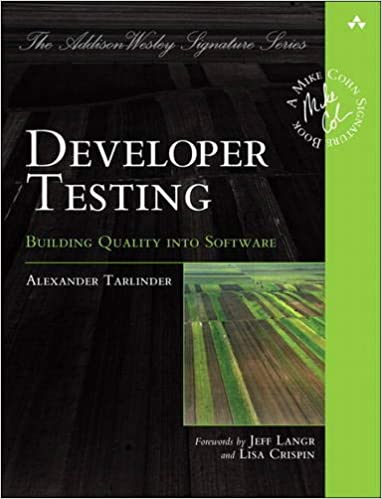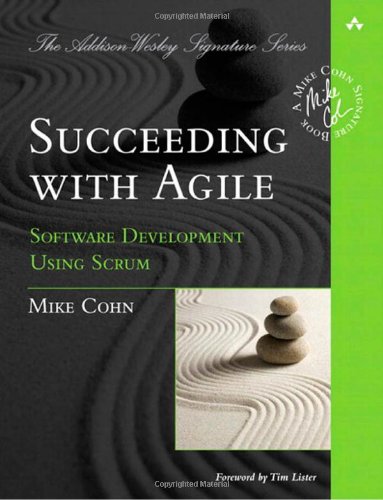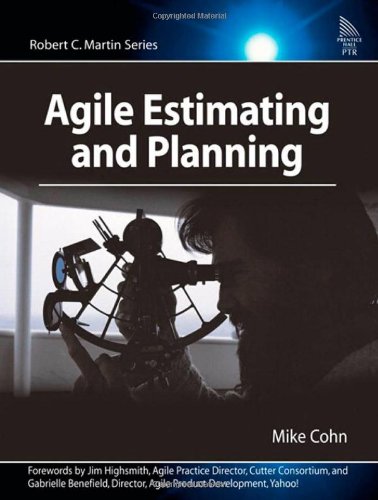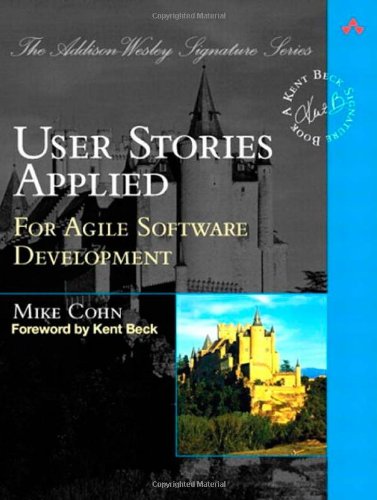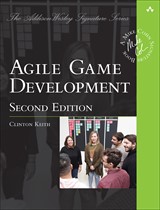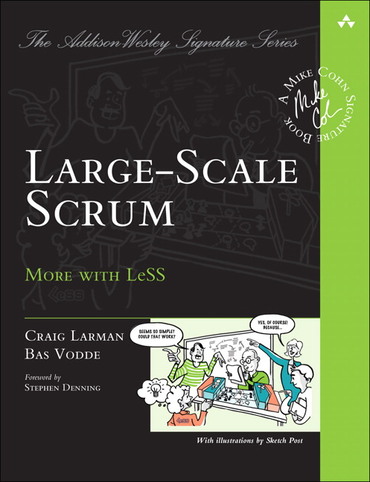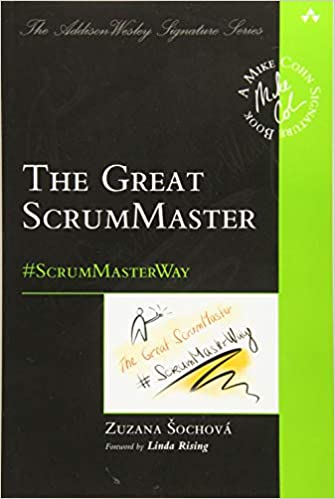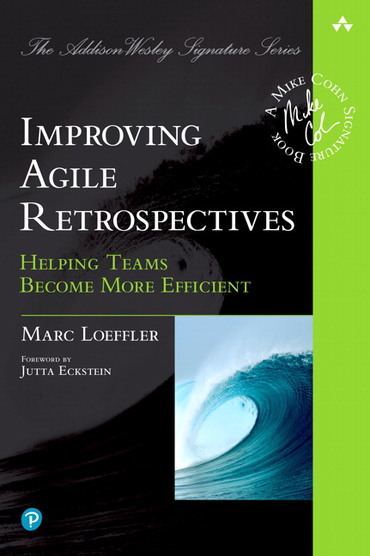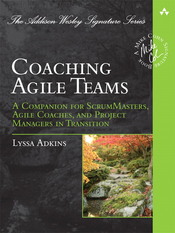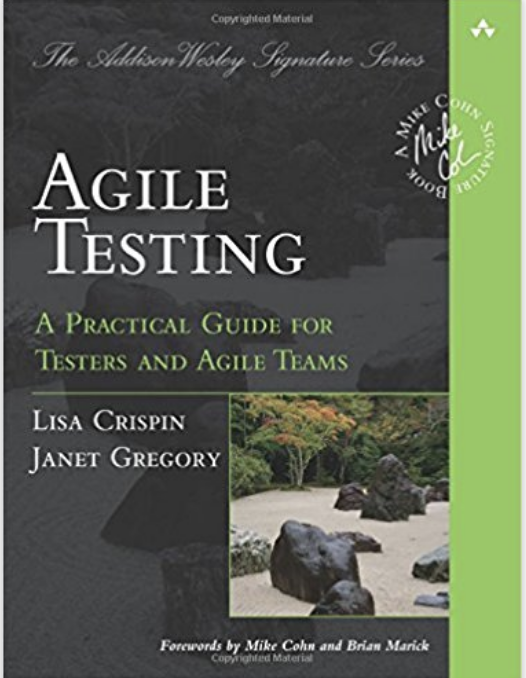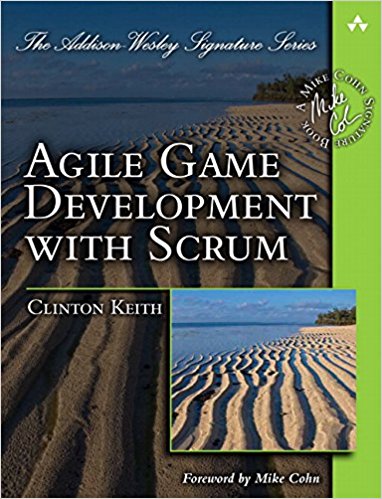In Developer Testing, leading test expert and mentor Alexander Tarlinder presents concise, focused guidance for making new and legacy code far more testable. Tarlinder helps you answer questions like: When have I tested this enough? How many tests do I need to write? What should my tests verify? You’ll learn how to design for testability and utilize techniques like refactoring, dependency breaking, unit testing, data-driven testing, and test-driven development to achieve the highest possible confidence in your software. Through practical examples in Java, C#, Groovy, and Ruby, you’ll discover what works―and what doesn’t.
You can quickly begin using Tarlinder’s technology-agnostic insights with most languages and toolsets while not getting buried in specialist details. The author helps you adapt your current programming style for testability, make a testing mindset “second nature,” improve your code, and enrich your day-to-day experience as a software professional.
Alexander Tarlinder
Alexander Tarlinder wrote his first computer program around the age of ten, sometime in the early nineties. It was a simple, text-based role playing game for the Commodore 64. It had lots of GOTO statements and an abundance of duplicated code. Still, to him, this was the most fantastic piece of software ever conceived, and an entry point to his future career.
Twenty-five years later, Alexander still writes code and remains a developer at heart. Today, his professional career stretches over 15 years, a time during which he has shouldered a variety of roles: developer, architect, project manager, ScrumMaster, tester, and agile coach. In all these roles, he has gravitated towards sustainable pace, craftsmanship, and attention to quality, and he eventually got test infected around 2005. In a way, this was inevitable, since many of his projects involved programming money somehow (in the banking and gaming industry), and he always felt that he could do more to ensure the quality of his code before handing it over to someone else.
Presently, Alexander seeks roles that allow him to influence the implementation process on a larger scale. He combines development projects with training and coaching, and he shares technical and nontechnical aspects of developer testing and quality assurance in conferences and local user groups meetings.

